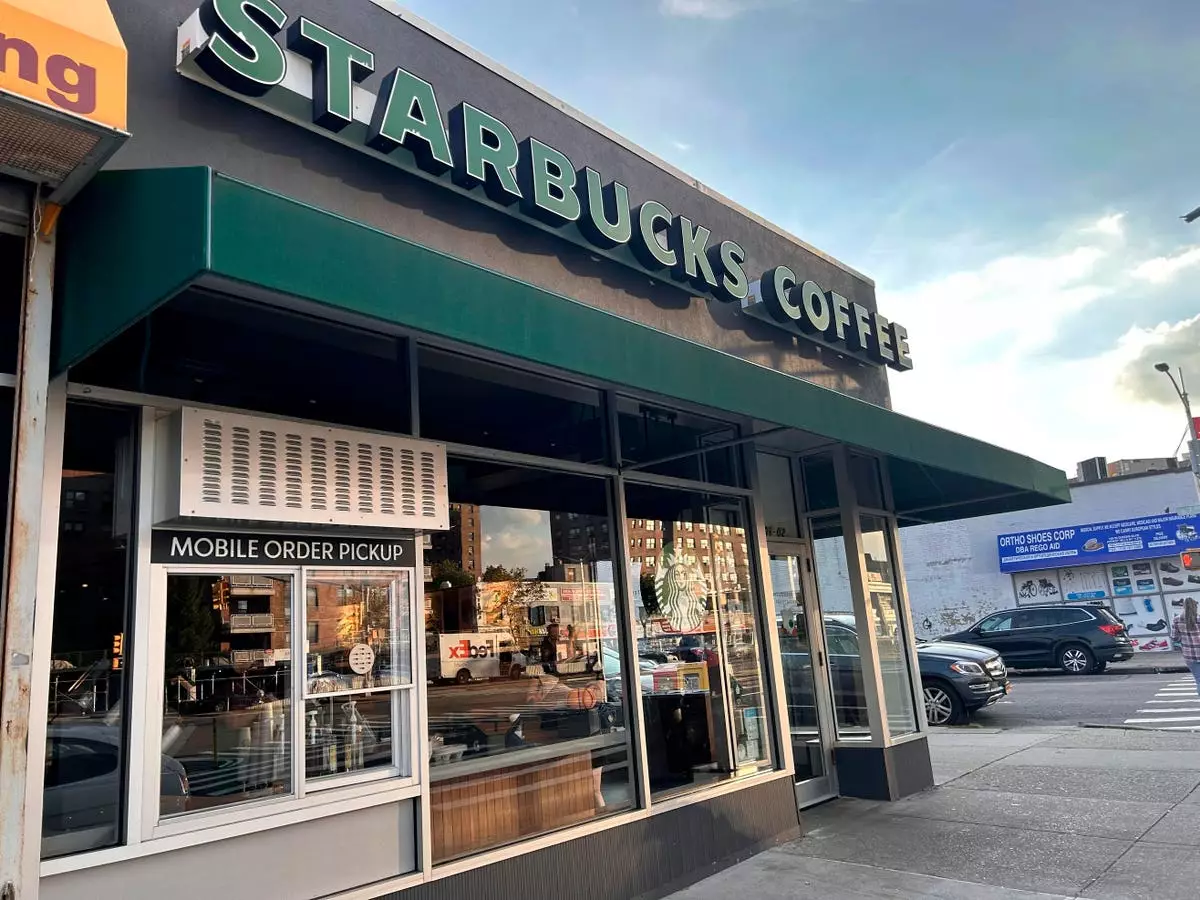Starbucks, a beloved American brand, recently shocked the business world by removing its CEO, Laxman Narasimha, due to declining revenue. The company experienced a significant drop of 4% in comparable store sales in the third quarter, following a previous 3% decrease. Despite a successful full-year revenue increase of 11.5% in 2023, the brand is now struggling with sharp declines. Narasimha, who took over as CEO in March of 2023, will be replaced by Brian Niccol, the CEO and chairman of Chipotle Mexican Grill. The issues that led to Starbucks’ downfall include execution problems in stores, overworked and underpaid staff, and a shift in business strategy that has disappointed loyal customers.
Starbucks’ business strategy has undergone a significant transformation in recent years, particularly with the mass rollout of its mobile order-ahead service. While this innovation aimed to enhance customer convenience, it led to execution problems in many stores due to overwhelming demand. As a result, the company’s customer service standards have declined, and baristas are feeling the pressure of increased workload without adequate compensation. Additionally, Starbucks has shifted its store design strategy towards drive-through and pick-up only locations, sacrificing the sit-and-relax atmosphere that customers once enjoyed. This change contradicts Howard Schultz’s original vision of creating a socializing space with a consistent product offering.
Starbucks has built a reputation for maintaining high customer satisfaction levels and loyalty through its quality products and customer-focused approach. However, the recent operational challenges and design changes have led to a decline in customer satisfaction. Despite a marginal increase in Starbucks’ American Customer Satisfaction Index (ACSI) score from 78 to 80 in 2024, customers are beginning to question their loyalty to the brand. With the rise of fast-casual competitors offering healthier food options, Starbucks faces the risk of losing its dedicated customer base. The company’s average loyal customer visits a store 18 times a month, highlighting the importance of restoring trust and satisfaction among customers.
To address the ongoing challenges, Starbucks made the strategic decision to appoint Brian Niccol as its new CEO and chairman. Niccol, known for his successful leadership at Chipotle Mexican Grill, drove the brand’s revenue growth and profitability during his tenure. Under his leadership, Chipotle experienced a significant increase in annual revenue, net profits, and market visibility. The announcement of Niccol’s appointment led to a notable surge in Starbucks’ stock price, indicating investor confidence in his ability to turn the brand around. Howard Schultz, Starbucks’ founder and chairman emeritus, expressed full support for Niccol’s leadership, emphasizing his retail excellence and track record of delivering shareholder value.
As Starbucks navigates its way through operational challenges, store design issues, and declining customer satisfaction, Brian Niccol faces the daunting task of revitalizing the brand. While driving innovation and growth will be critical for Starbucks’ future success, Niccol must prioritize rebuilding employee morale and fostering a strong company culture. The company’s history of product quality and customer experience excellence can be restored through focused efforts on operational efficiency and customer-centric strategies. By aligning Starbucks’ values with a renewed focus on employee well-being and customer satisfaction, Niccol has the opportunity to reshape the brand’s trajectory and regain the trust of its loyal customer base.

